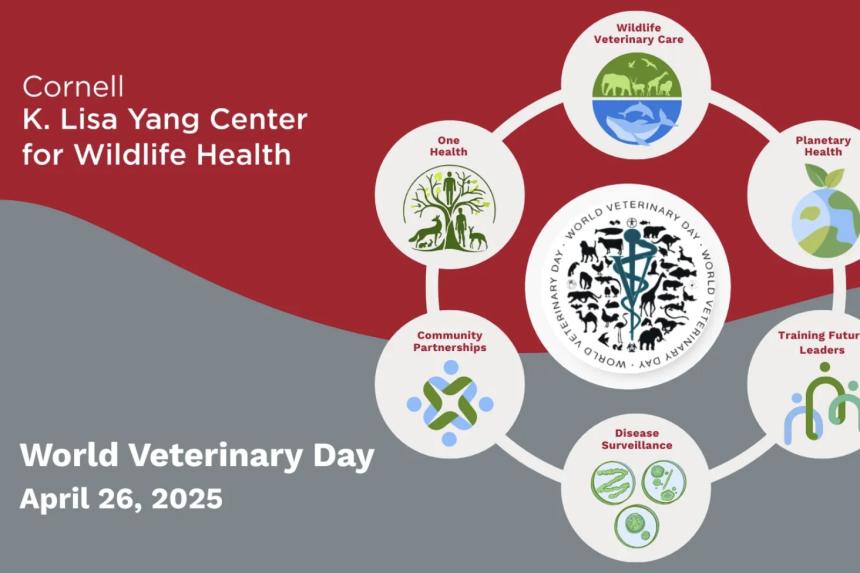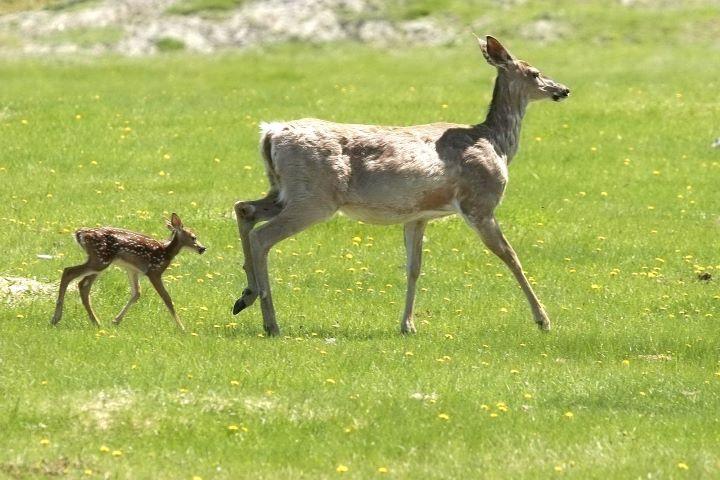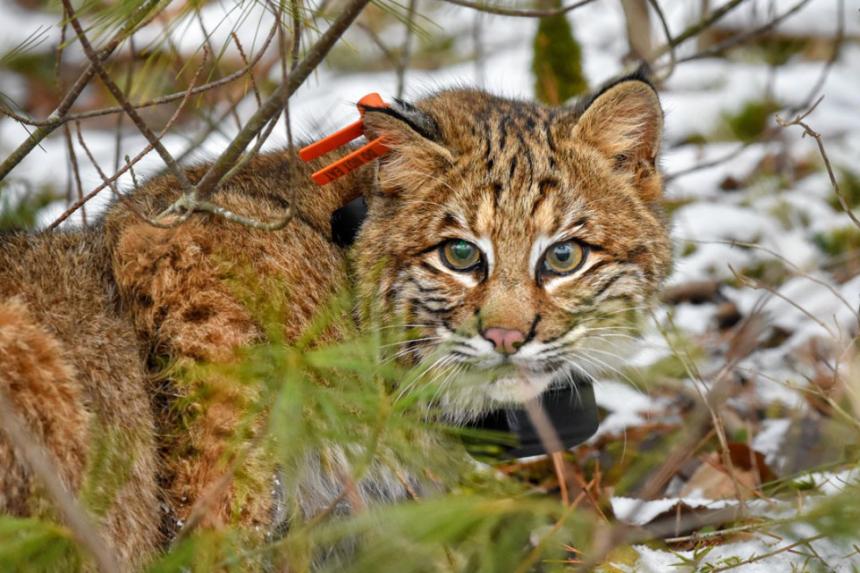In the News

November 04, 2025
The Cornell K. Lisa Yang Center for Wildlife Health has launched a new residency in wildlife population health, building on the Cornell University College of Veterinary Medicine's leadership in preparing veterinarians to meet the urgent and evolving challenges facing our planet’s wild species.

September 19, 2025
Cornell's Krysten Schuler co-authored a study that developed an artificial intelligence–driven model designed to enhance the early detection of wildlife diseases, such as chronic wasting disease, while reducing the costs associated with traditional models.

September 15, 2025
Why are eastern rockhopper penguin populations plummeting in New Zealand? What’s a reliable, rapid test for detecting rodenticide poisoning in live birds of prey? How can we use technology to help diagnose wildlife diseases in Nepal while training local scientists?

September 03, 2025
New Zealand is racing to protect the imperiled kākāpō parrot species from the global spread of avian influenza through proactive measures, including the vaccination of captive breeding populations ahead of migratory bird arrivals.

August 08, 2025
Wildlife researchers have found that the transmission of deer parasites is hindering the growth of New York's moose population.

June 24, 2025
Cornell Atkinson has awarded six new Academic Venture Fund projects to drive bold, interdisciplinary research tackling global sustainability challenges, including one focused on highly pathogenic avian influenza transmission chains between wildlife and livestock.

May 20, 2025
As bird flu continues to spread, Dr. Krysten Schuler of the Cornell Wildlife Health Lab offers expert advice on best practices for bird enthusiasts to maintain a safe, healthy feeder this spring.

April 26, 2025
On World Veterinary Day this year, we are celebrating Cornell's wildlife and ecosystem health teams and their tireless efforts to build a healthier future for wildlife, people, and planet.

For Your Information
April 22, 2025
A recent study examines the challenge of determining the sample size needed to confidently declare a local wildlife population disease-free—an essential factor in effective disease surveillance and wildlife health management.

April 17, 2025
Avian influenza – which has devastated poultry flocks, wildlife populations and increasingly poses a public health risk – has now been confirmed in wild bobcats in New York state, according to a new study by Cornell scientists.
